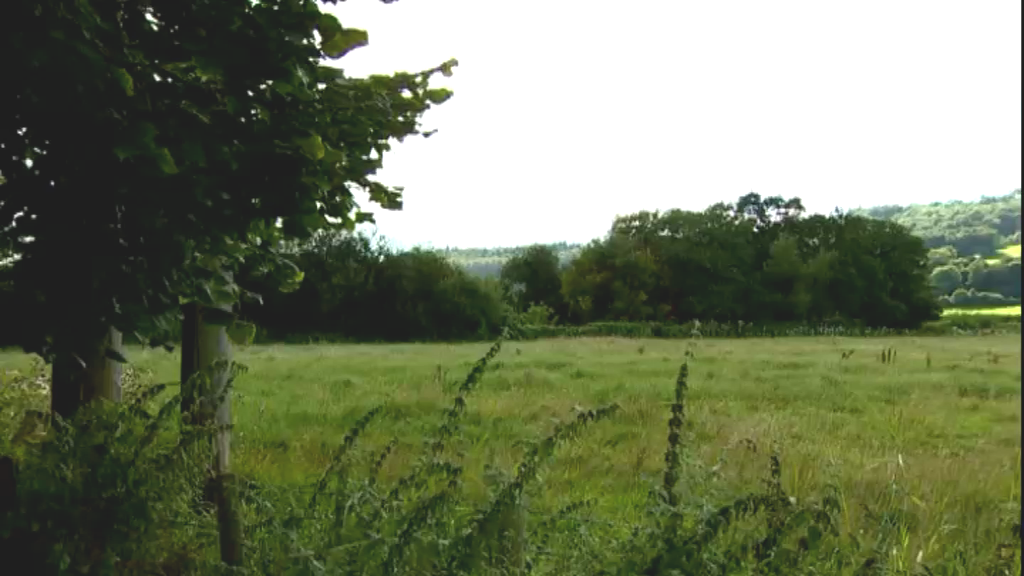RIFW: No apology for profits on £21m land deal
- Published
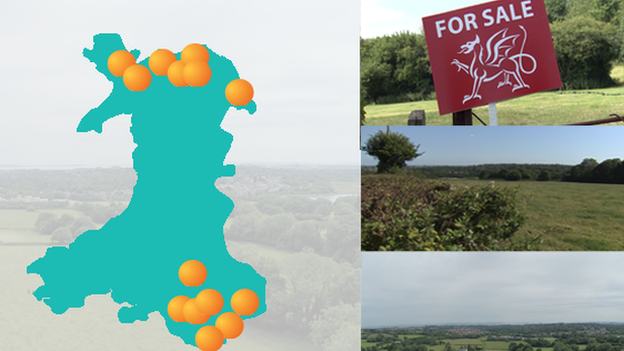
The 15 sites sold in one deal included farmland and former industrial locations
A property developer who bought a £21m package of publicly-owned land for one of Wales' richest men has told AMs he will not apologise for making money on the controversial deal.
Langley Davies bought the 15 sites on behalf of Sir Stanley Thomas in 2012, but auditors say they could have raised an extra £15m if sold separately.
Mr Davies said both they and the Welsh government had made profits from sales.
The land had been sold to raise money for investment in deprived areas.
'Real killing'
The deal, which was the biggest sale of publicly-owned land in Wales in recent years, is being investigated by the public accounts committee.
It had previously heard conflicting evidence as to the haste in which the land was sold by the Welsh government at a time of economic crisis to raise money for its Regeneration Investment Fund for Wales (RIFW).
When committee chairman Darren Millar asked if he had made a "real killing" on one site in Monmouth, Mr Davies said: "I didn't do the transaction not to make money. I'm not going to apologise for that.
"We have made money and the Welsh government has as well."
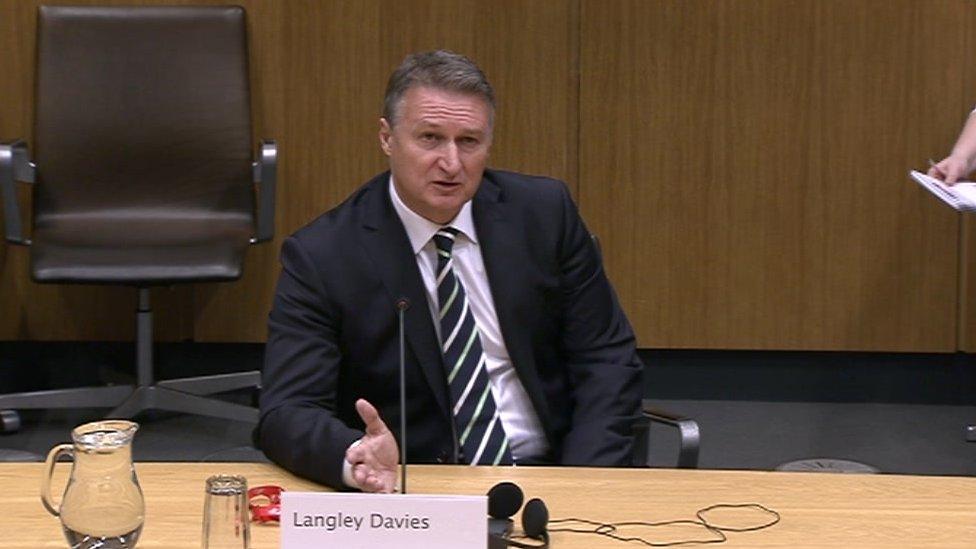
Mr Davies defended the deal, saying that the taxpayer would receive 50% of the profits from the sale of the Monmouth site, expected to be between £4.7m and £5m.
The land is in the final stage of being sold to housebuilders for £12m.
The most valuable site - in Lisvane, Cardiff - was sold for £15,000 an acre (£37,500 per hectare).
Large parts of that land could now be worth up to £2m an acre (£5m per hectare) if planning permission is granted.
'Extraordinarily long time'
Earlier, when asked by Welsh Tory leader Andrew RT Davies if he thought the sale process had been "chaotic", with the Welsh government simply wanting to "get rid of the assets", Langley Davies said it was "probably the opposite".
"Twelve months is an extraordinarily long time to do any sort of deal," he said, pointing out that in his experience, property deals usually took a month to complete.
Speaking of the need to keep Sir Stanley on board throughout the process, Mr Davies added: "There were other places he could have put that money, so to keep him hanging on for that period of time was a difficult proposition."
He suggested the delay was down to legal procedures as the Welsh government had not at that point transferred ownership of the land to RIFW.
- Published20 October 2015
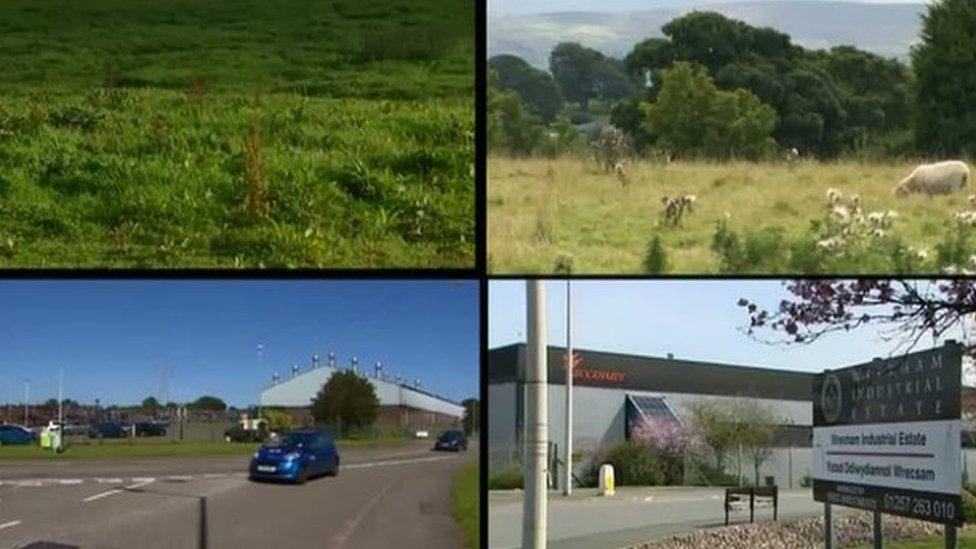
- Published13 October 2015

- Published12 October 2015

- Published15 July 2015

- Published7 February 2013
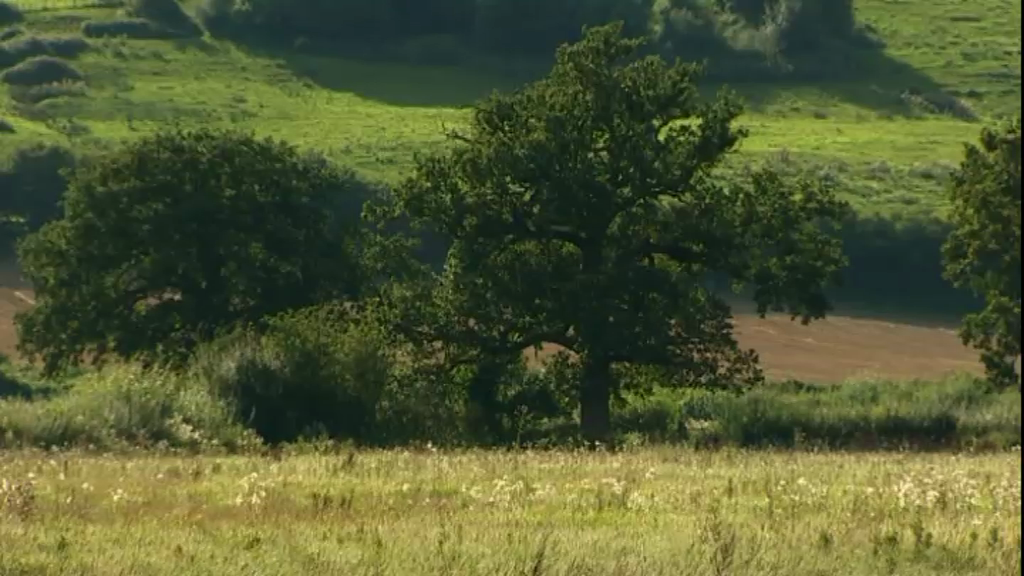
- Published5 September 2012
